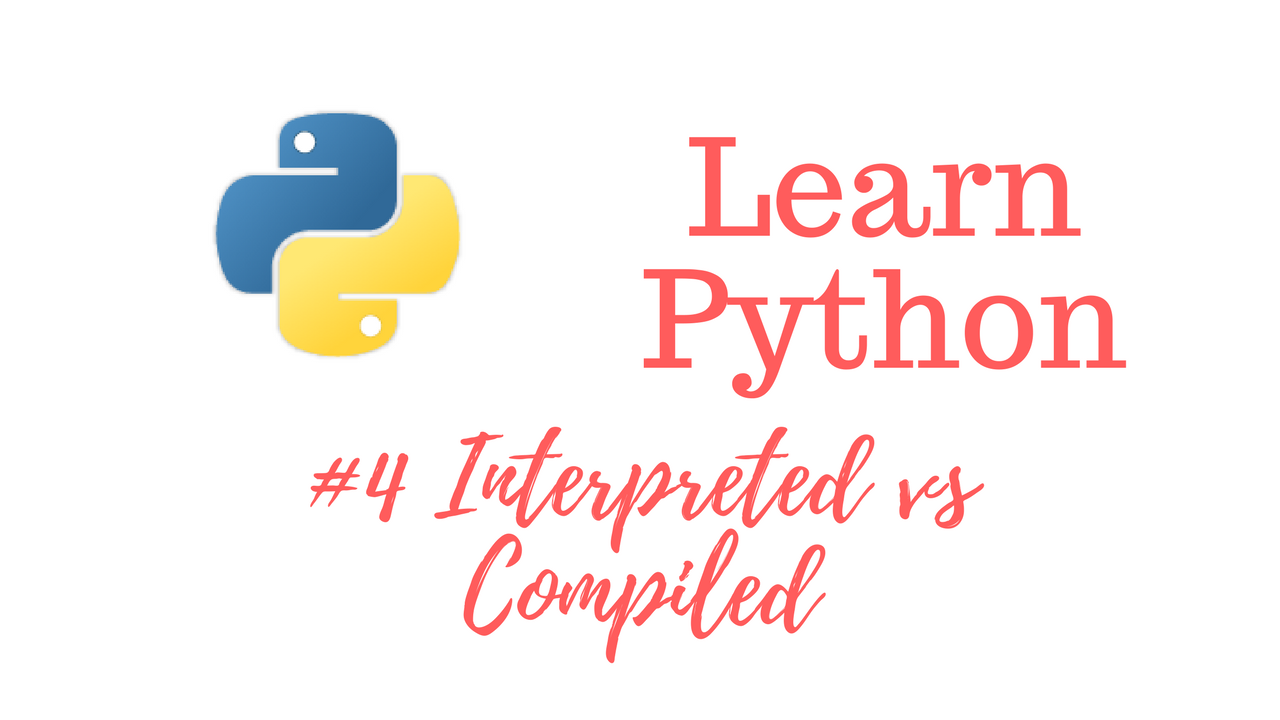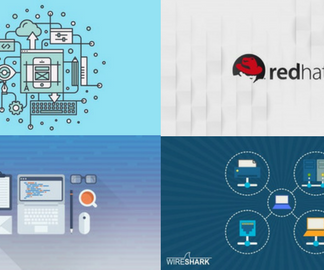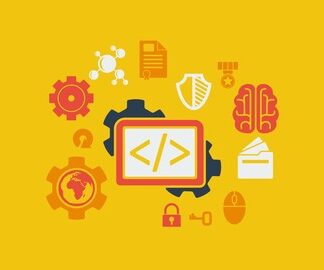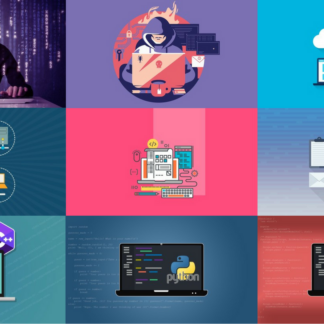
Get The Learn to Code Course Bundle!
https://josephdelgadillo.com/product/learn-to-code-course-bundle/
Enroll in The Complete Python Course on Udemy!
https://www.udemy.com/python-complete/?couponCode=PYTHONWP
In this video we are going to talk about the difference between an interpreted programming language and a compiled programming language. Now, this may be a bit adept for the novice programmer, but just stick with us. So, first, with a compiled programming language you write your code, you save it into a file, and it is not yet executable. For example, let’s say you are writing C++ code, you write a script, and if you try to open that file with the .cpp extension (which is for C++ files), it is just going to open that in a text editor or code editor. What you need to do with a compiled programming language, is once you save your file you need to compile it into a language that the computer can read, so binary (zeros and ones), and by compiling this filing into and executable file, then you can double click it and it will run. This is where you will get the .exe file for Windows.
So, with Python you can write a script and you can instantaneously run that script without having to compile it into binary. When you run Python scripts you’re going to run it with the Python command, and then the name of the file, and what happens is you’re running the program Python which is interpreting your code in real-time. So, it does compile your code into binary, but it does what is called just-in-time compilation. The interpreter is great to use if you want to test something quickly, or if you want to debug a few lines of code.
Web – https://josephdelgadillo.com/
Subscribe – https://goo.gl/tkaGgy
Follow for Updates – https://steemit.com/@jo3potato










Thankyou for sharing the information with us.